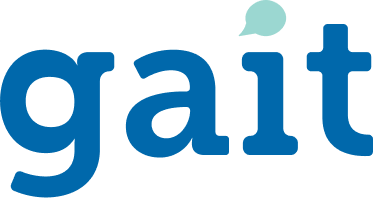The article titled “Exploring adolescents’ occupational possible selves: The role of gender and socioeconomic status” by Li et al., (2023) investigates the impact of gender and socioeconomic status (SES) on adolescents’ envisioned occupational futures, known as ‘occupational possible selves.’ The study involved a survey of 3,336 middle school students who reported their hoped-for occupations, the desire for these occupations, the likelihood of achieving them, and any actions taken towards these goals. Advanced statistical and natural language processing techniques were applied to analyze the survey data.
Key findings of the study include:
- Evident Gender Differences: The study revealed significant gender differences in the occupational possible selves named by adolescents. Female students listed jobs with feminine traits such as caregiving and art, while males listed jobs with masculine traits like sports and competition. However, high-status occupations like lawyer, doctor, and engineer were common aspirations across genders.
- Subtle SES Differences: Some nuanced differences based on socioeconomic status were observed. Higher SES adolescents named a wider set of occupations compared to their lower SES counterparts. Specific occupations like veterinarian and surgeon were more frequently mentioned by the higher SES group.
- Interaction between Gender and SES: There was a significant interaction effect between gender and SES on the actions adolescents reported taking towards their career goals. Males and higher SES students were more likely to take actions towards their occupational possible selves.
- No Differences in Desire: The study did not find any gender or SES differences in the adolescents’ desire to pursue their occupational possible selves.
- Gender Differences in Perceived Likelihood: Male students reported a lower perceived likelihood of achieving their hoped-for occupations compared to females. This contradicts some theoretical expectations that boys might have higher self-esteem and confidence in achieving their goals.
- Implications for Career Development: The findings emphasize the need for targeted career exploration activities that consider gender roles and provide diverse role models. It suggests fostering hope-based possible selves while enhancing self-efficacy beliefs and providing support to turn these possible selves into reality.
This study contributes to understanding how adolescents’ career aspirations are shaped by their gender and socioeconomic background, highlighting the need for supportive and inclusive career guidance programs in schools.
Reference
Li, Y., Du, H., Martin, I., Hidalgo, E., Jiang, Y., Xing, W., & Popov, V. (2023). Exploring adolescents’ occupational possible selves: The role of gender and socioeconomic status. The Career Development Quarterly, 71(3), 189-205. doi:https://doi.org/10.1002/cdq.12331


Recent Comments